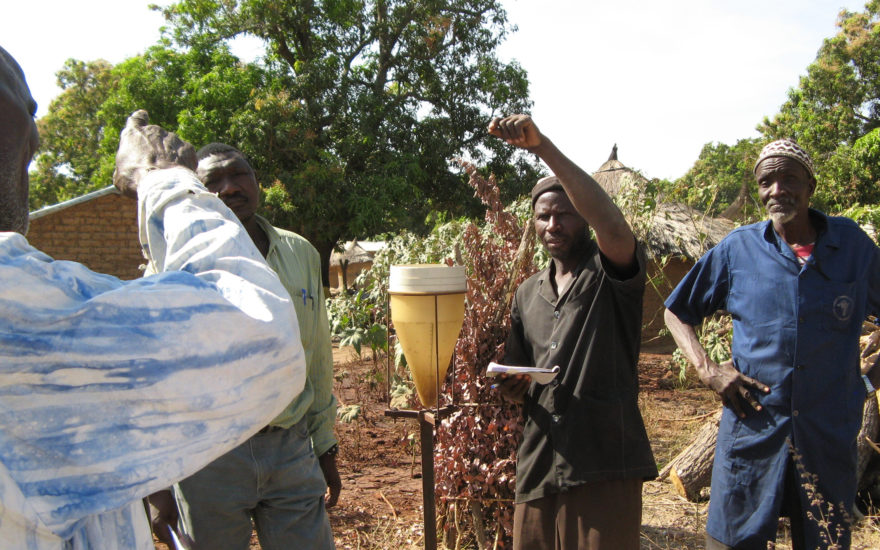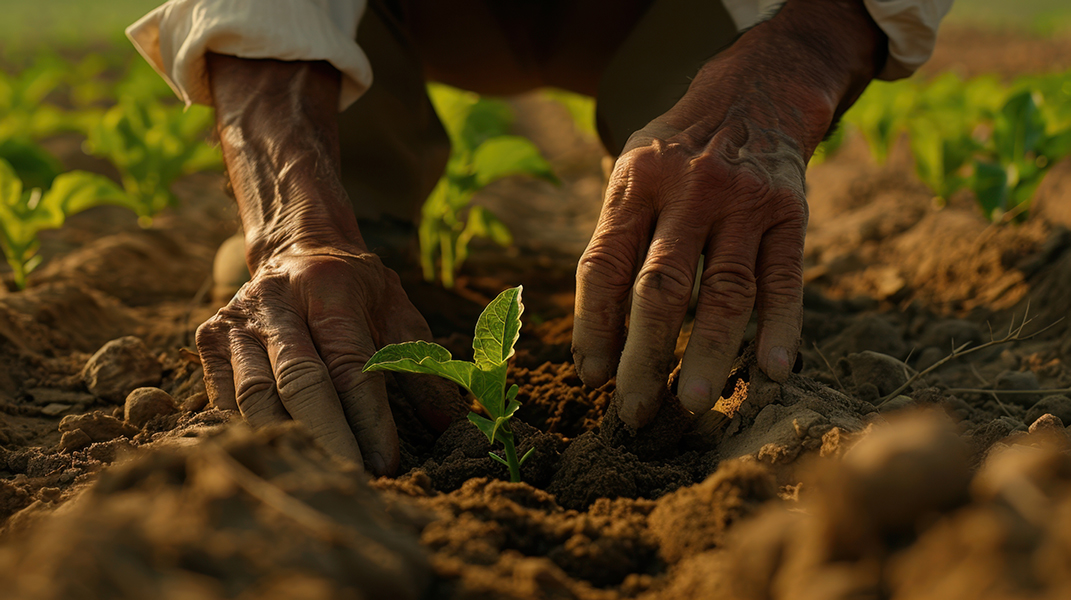The future of the planet is at stake: we must challenge convention.
Right now, communities across the globe are facing existential threats to their ecosystems, with dire consequences for their health and wellbeing. The convergent challenges of toxic pollution, biodiversity loss, and climate change undermine our food, water, health, and energy systems, deepening social and economic inequities.


Why the Department of Sustainability and Social Justice?
Our degrees inspire you to develop equitable solutions to urgent social, political, and ecological challenges. Through our program, students are equipped to help lead the building of a more just, sustainable, and climate-responsive world.
- Deepen your knowledge of environmental challenges
- Develop critical skills to catalyze institutional change
- Collaborate across disciplines to understand and address complex social-ecological challenges
- Gain real-world experience to build professional skills and knowledge
Critical Knowledge, Skills, and Experience:
The Environmental Science & Policy Curriculum
| Curricular Feature | 10-unit | 12-unit practice | 12-unit research |
|---|---|---|---|
| Required Core Courses: Degree Specific | 2 | 2 | 2 |
| Sustainability Studies | 1 | 1 | 1 |
| Social Change and Institutional Transformation | 1 | 1 | 1 |
| Fundamental Skills: Project Management Monitoring & Evaluation Organizational Leadership Spatial Analysis | 2 | 3 | 1 |
| Methods of Inquiry & Subject Matter Electives | 1.5 – 2 | 1.5 – 2 | 2.5 – 3 |
| Intersectional Analysis | 0.5 – 1 | 0.5 – 1 | 0.5 – 1 |
| Principles and Ethics in Community Engagement (Common Seminar) | 0.5 | 0.5 | 0.5 |
| Experiential Learning: Studio courses Summer Global Learning Collaboratives Internships | 1 | 2 | 1 |
| Directed Study | 0 | 0 | 1 |
| Thesis writing | 0 | 0 | 1 |
Choice of three program tracks
10-unit track completed in three semesters (Fall or Spring start)
12-unit research track completed in four semesters, with students conducting primary research in the summer between their two years of study (Fall start only)
12-unit practice track completed in four semesters, with students engaging in two experiential learning opportunities.
Join our successful alumni
Our alumni are advancing sustainability, social justice and climate-change responsiveness by innovating policies, practices, behaviors and technologies in civil society, governmental agencies, non-profit organizations, and the private sector.
- Policy and Organizing Director at Environmental Action
- Staff Scientist at Core Environmental Services
- Risk Assessment Scientist at Kleinfelder
- Environmental Hazards Program Coordinator at World Wildlife Fund
- Climate Program Staff Associate at the International Research Institute for Climate and Society
- Environmental Sustainability Program Manager at Intertek Group
- Climate Science and Adaptation Specialist at the United Nations Environment Programme
Meet our engaged faculty
Our faculty work at the leading edge of environmental science and policy. They publish in high-impact journals (e.g. GeoHealth, Human Ecology, Environmental Health Perspectives), receive financing from major funders (e.g. National Science Foundation, National Institutes of Health, Rockefeller Foundation), and share their expertise on boards and panels.
More importantly, they partner with impacted communities in their research and practice, working with local knowledge holders to understand complex challenges and co-create the capacity to respond – for a brighter future.
Faculty Research Areas

Timothy J. Downs
Professor
Human Health Impacts of Environmental Change and Sustainability
Professor Downs studies how humans change the environment, and how those changes impact the ecosystems they inhabit. He also facilitates sustainable development in New England, Mexico, and Puerto Rico.

Yelena Ogneva-Himmelberger
Professor
A Roadmap for a Healthier Future
Professor Ogneva-Himmelberger uses spatial analysis to address preterm births, asthma, heat-related-mortality, health disparities, noise pollution, and more.

Morgan Ruelle
Associate Professor
Engaging Indigenous Knowledge for Climate Adaptation
Professor Ruelle investigates how biocultural diversity contributes to food security under a changing climate. He works with communities in the U.S. and Ethiopia to develop adaptive strategies and policy advice.
Academic Excellence. Global Reach. Career Success.
Join our supportive community of scholars. Ready to take the next step?

